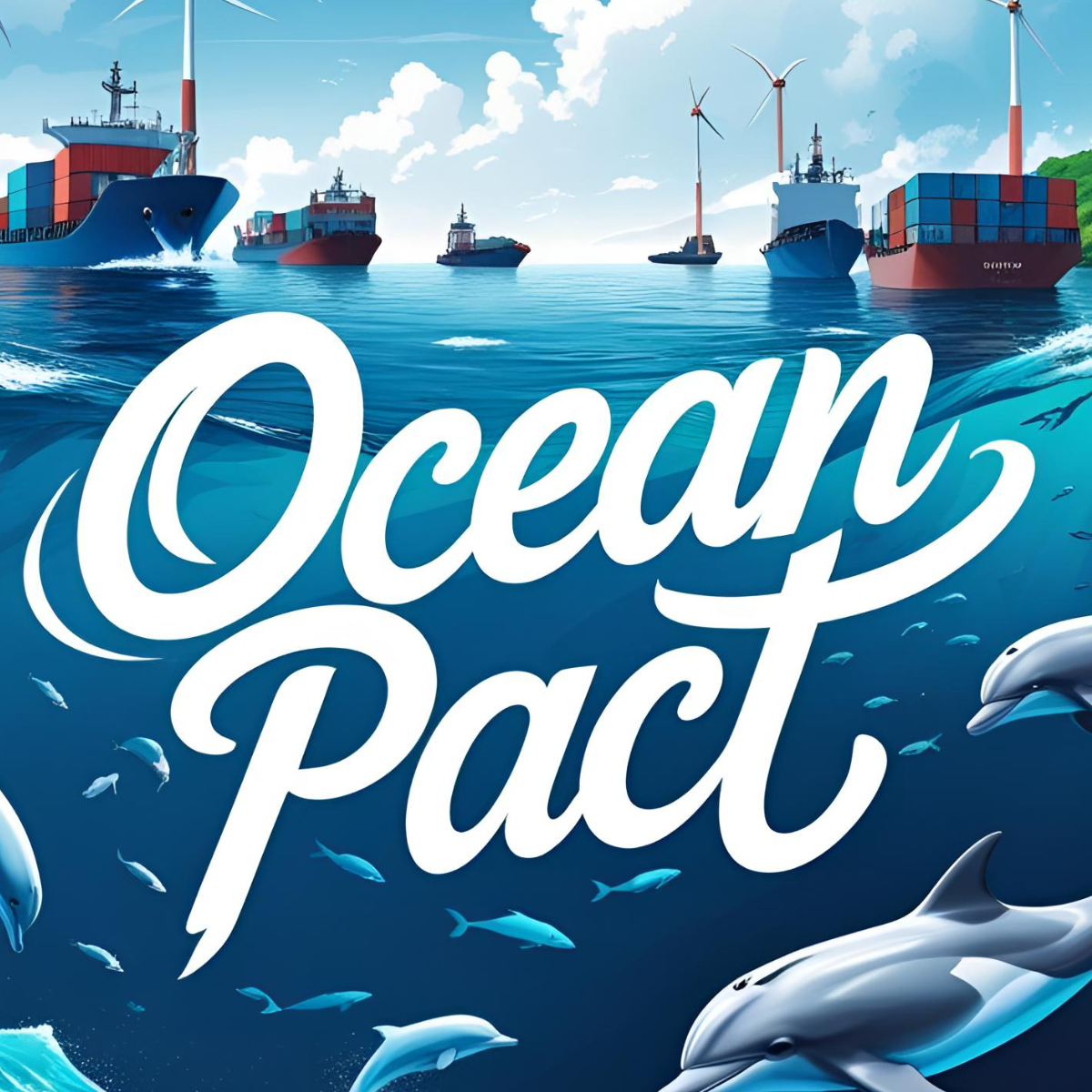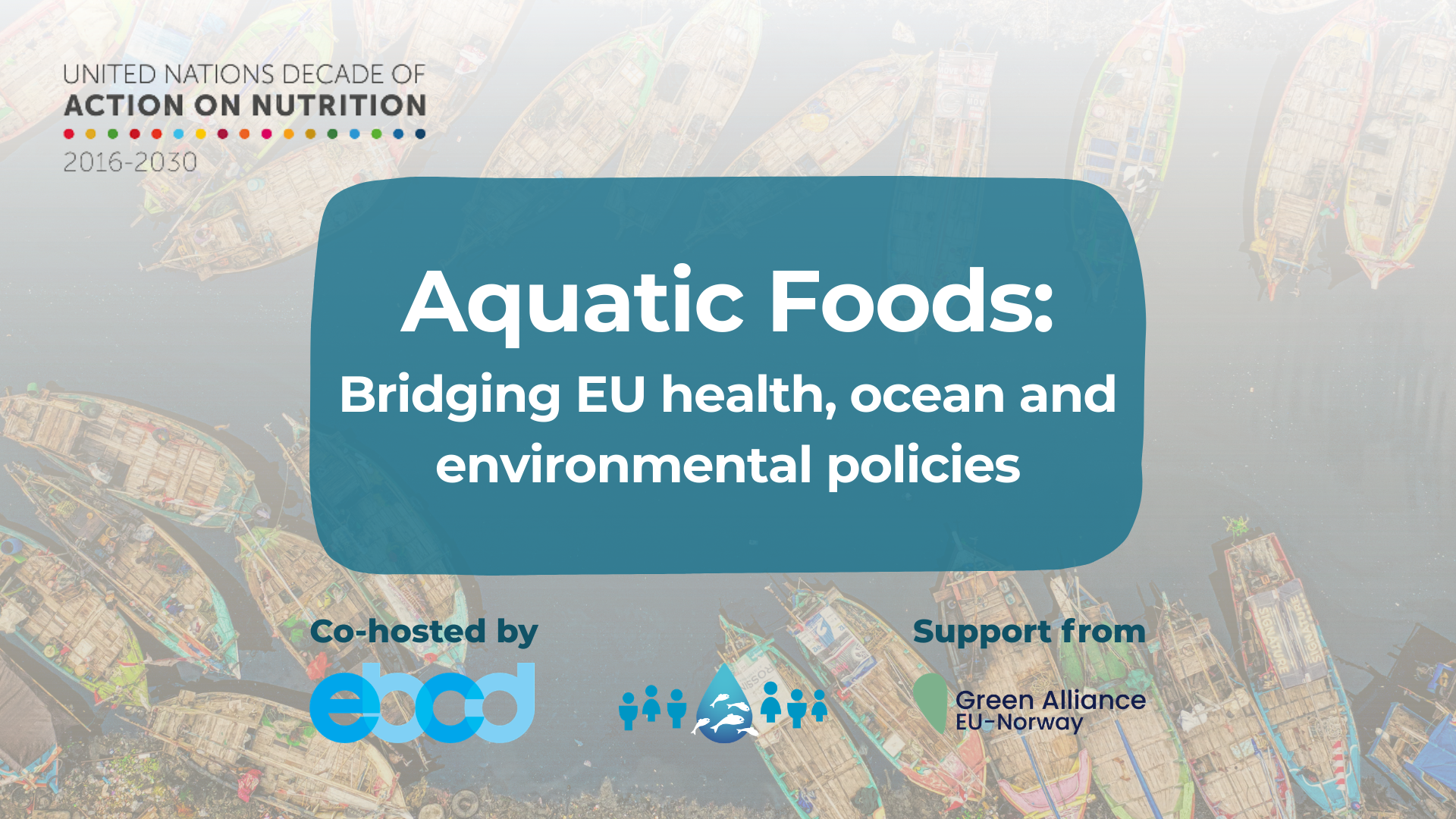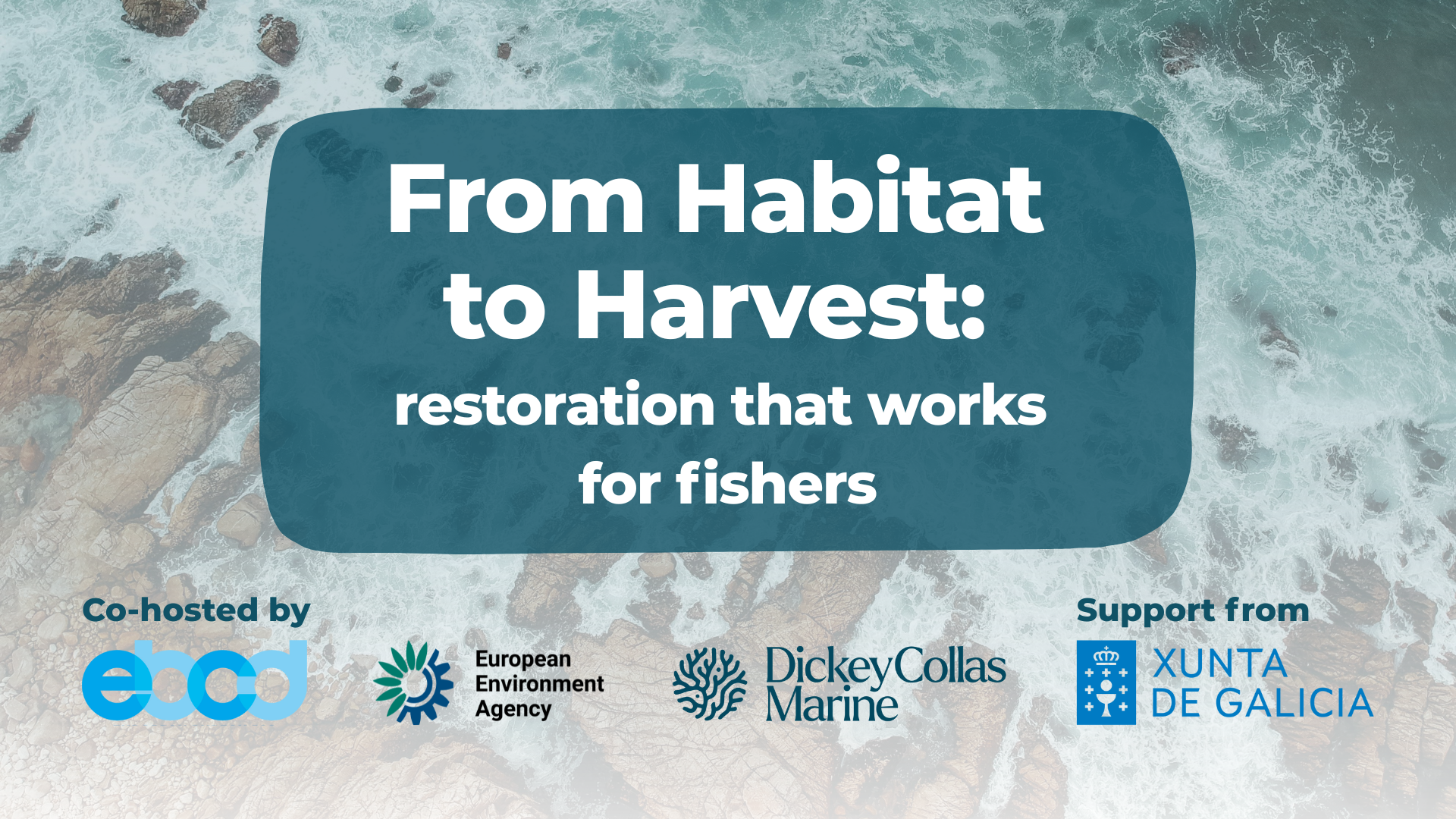EBCD welcomes the adoption of the EU Ocean Pact as a much-needed initiative to bring all users of the seas under one coherent and strategic framework. This Pact represents an important step toward coordinated ocean governance, and we look forward to its implementation.
We will pay particular attention to the upcoming revision of the Marine Spatial Planning (MSP) Directive (through the “Ocean Act”) and the Marine Strategy Framework Directive (MSFD). These revisions must ensure full stakeholder participation, respect for the diversity of maritime users, and the fair allocation of maritime space. Achieving a just balance between marine biodiversity conservation and the sustainable use of marine resources must remain at the heart of this process.
However, we believe the Ocean Pact could have more explicitly connected with the Clean Industrial Deal and the innovation mechanisms it entails. Strengthening these links is essential to ensure that the modernisation and competitiveness of the maritime sectors are fully addressed alongside appropriate, accessible funding tools to support the energy transition. We hope this gap will be addressed in the upcoming Vision for Fisheries and Aquaculture 2040, and that it will be accompanied by a more ambitious initiative on the promotion of aquatic blue foods — a key element of food security and low-impact food systems.
As we move forward, EBCD believes that the Global Biodiversity Framework (GBF) constitutes a blueprint for the implementation of the Ocean Pact, as it strikes a necessary balance between reducing pressures on marine ecosystems and recognising the socio-economic needs of people who depend on the ocean. We therefore call for a truly integrated approach that balances conservation with sustainable human activities, strengthens inclusive and ecosystem-based management, and ensures robust alignment between marine, environmental, and industrial policies. This must include fair access to maritime space, stronger regional coordination, investment in skills and innovation, and full recognition of the role of fisheries, aquaculture, and coastal communities in food security and resilience. Cross-sector cooperation and appropriate funding are essential to deliver a just transition and unlock the full potential of the blue economy.




